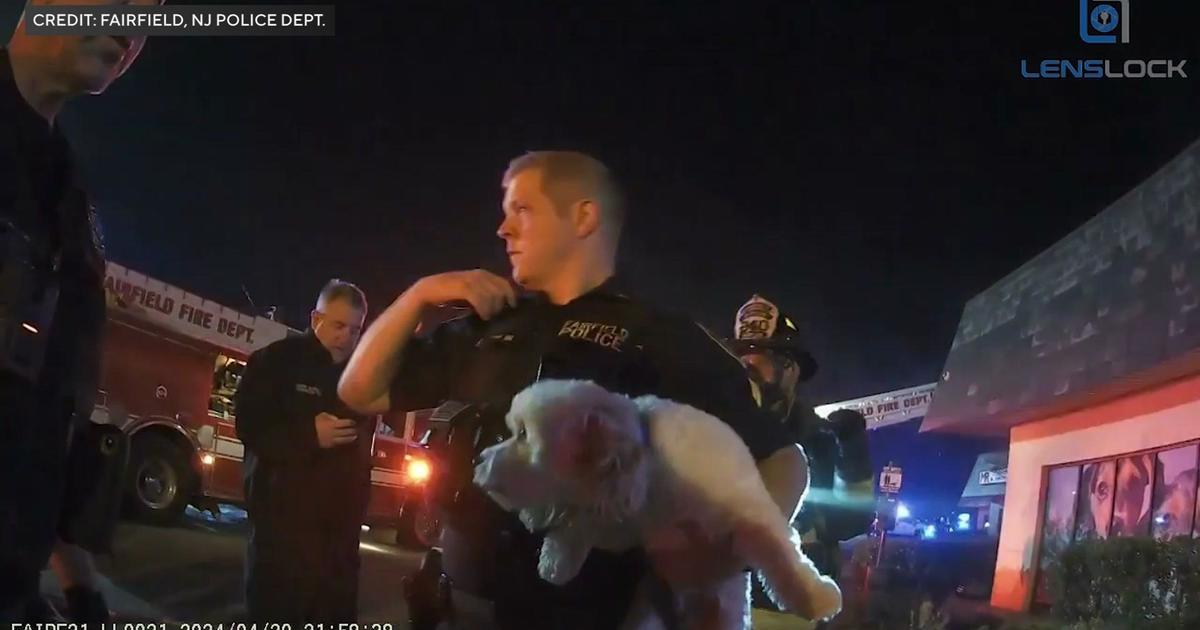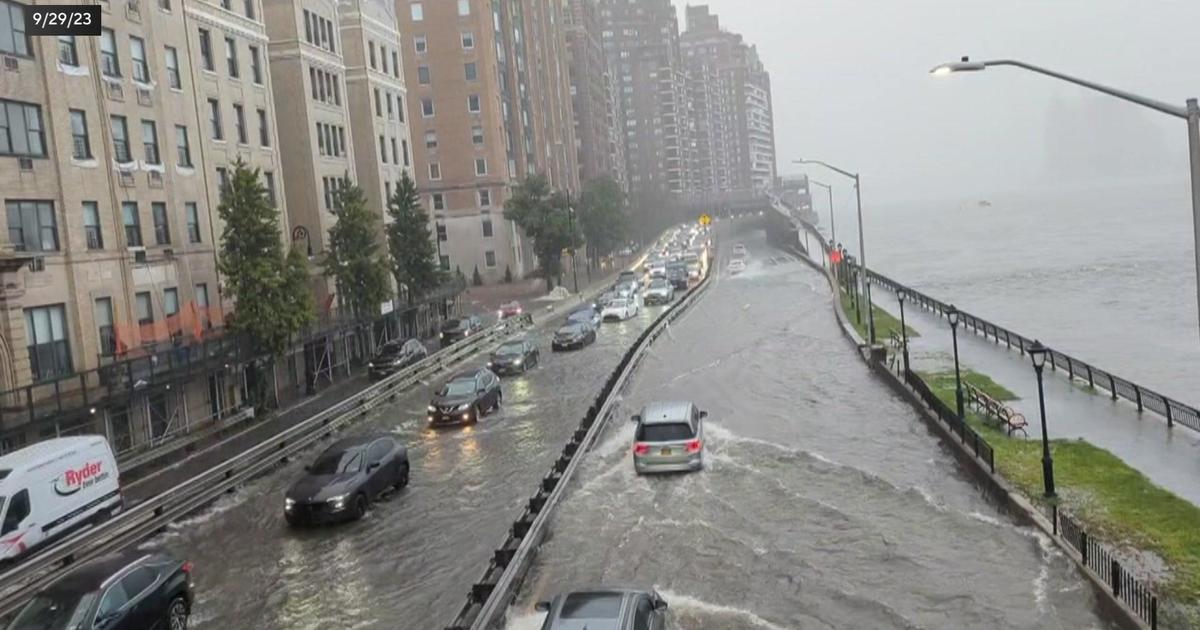Increases In Retirements Lead To Smaller Police Forces In N.J.
NEWARK, N.J. (AP) -- New state Treasury Department data shows that retirements in New Jersey's police and firefighter pension system have swelled by 48 percent over the past two years.
And a separate report shows police and fire staffing levels dropped by 1,470 -- or 4 percent -- last year.
Officials tell The Star-Ledger of Newark that many of these retirees feared losing their benefits after Gov. Chris Christie and state lawmakers moved to reform what they saw as lavish public benefits, such as payouts on unused sick time and low-cost health plans.
"The continuing decline in public safety through loss of officers from attrition and layoffs is alarming," Anthony Wieners, president of the state Policemen's Benevolent Association, told the newspaper. "Homicides and fatal accidents are going up while the number of officers are going down. These two trends are going in the wrong direction and jeopardize our state's future."
The retirements have also hit the state police.
The division saw 203 troopers leave in 2011, including 197 who retired. It now has 2,782 enlisted members, including the 85 new recruits who graduated from the academy earlier this month.
But two troopers will reach the mandatory retirement age of 55 this year, and 242 troopers overall -- about 9 percent of enlisted personnel -- have 25 or more years on the job. Another 398 troopers are close behind with at least 20 years of experience.
Without the possibility of another graduating class until at least early 2013, the division's enlisted ranks are expected to drop to their lowest levels in at least a decade.
"Retirements and maintaining staffing levels are a concern for any law enforcement agency, but our mission to protect the citizens of New Jersey will remain the same," State Police Superintendent Rick Fuentes said.
Christie spokesman Michael Drewniak said the poor economy and budget restraints have affected almost every corner of municipal government, including law enforcement. He said municipal spending had skyrocketed in the early part of the century, and part of the scale back was merely a correction.
Drewniak told the newspaper that unions exacerbated the situation -- particularly in the cities of Camden, Trenton and Newark -- by not agreeing to concessions and handcuffing local officials.
"We believe that, by making the hard choices now and confronting spending and budgeting issues forcefully, we are paving the way for stable, more efficient and affordable government at all levels," Drewniak said. "Realistic and responsible local leaders know this and some are taking innovative approaches to deliver services, including Camden's move toward regionalization."
According to the treasury department data, 19,681 public employees from all levels of government retired last year, just shy of the more than 20,000 who retired in 2010.
The state, comparatively, averaged 13,665 retirements annually from 2000 to 2009.
"Undoubtedly, there's been a brain drain," said Bill Dressel, executive director of the League of Municipalities. "Towns are experiencing an unusually high number of retirements and it's because of the policies decisions that are being made or being considered under the Golden Dome in Trenton."
Dressel said the retirements have created a complicated set of choices for municipal leaders. He said property tax revenue collections are still under stress and federal and state funding is uncertain, making it difficult to invest in new hires.
Last year, only 120 people graduated from the state's various police academies, according to to the Police Training Commission. The figure is usually around 500, officials said.
Please leave a comment below...
(Copyright 2012 by The Associated Press. All Rights Reserved.)



